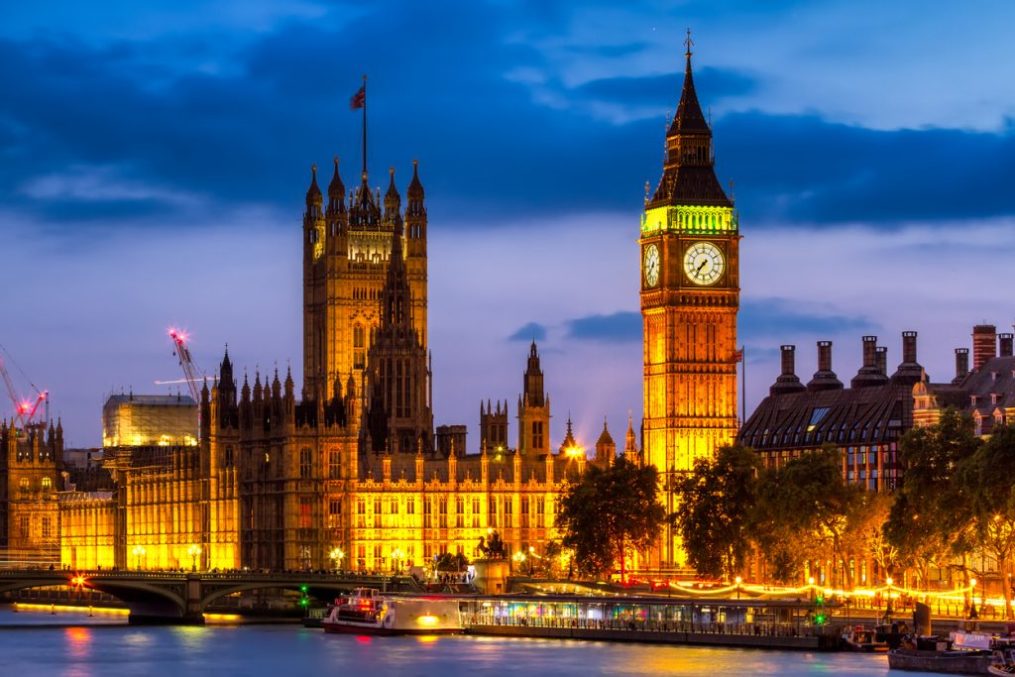Already a member? Sign in below

Written by James Murphy
As any good advertiser knows, all the advertising in the world counts for nothing, if people don’t want what you’re selling. Which, to my mind, has been the challenge facing those looking to promote our industry in recent years.
Thanks to the Advertising Association and its supporters, we’ve re-built the case for advertising on a grand scale. We know that a pound spent returns six to GDP, how advertising helps competition and innovation thrive and that a million jobs rest on our collective activities.
But here’s the thing. When we point this out to our political masters, their understandable reaction is…. “So what? What can I do to make a difference?”
Until last week, the honest answer was… nothing. That’s because our demands have been unique versus the other creative industries. We haven’t asked for tax breaks or subsidies, we’ve asked to be left alone to flourish. Stay out of the way, leave self-regulation to do its job and allow our businesses to do their thing.
Earlier this year, as plans for a UK Industrial Strategy emerged, that began to change. As politicians grapple with making post-Brexit Britain work, it’s increasingly clear that we have something government wants: the potential to create growth, not only in London, but right across the country. And so, right now, we might want something from them too.
That’s why the AA has been asking whether advertising should feed into the Industrial Strategy process and how it can help boost productivity, create high value jobs and critically, exert its economic influence in some of the more hard pressed communities in the UK.
Two proposals have risen to the top.
The first – protect and grow the UK as a global hub for advertising and media services.
At the AA’s LEAD event in January, Evan Davis asked why, in Europe, British advertising was so successful. Looking back, my reply may have sounded flippant: it’s like pop music, we’re just better than everyone else. But it spoke to a more serious point. We can debate the factors – culture, timezone, language – when explaining our success, but it’s irrefutable that the UK has become a magnet for some of the world’s best advertising businesses.
Post-Brexit, we‘d be foolish to take that for granted. Our global competitors are eyeing-up the agency groups, ad-tech and media businesses and brands that choose to call the UK home – and they are courting them. The UK must be promoted to overseas investors in marketing and media just as we do for manufacturing, financial services, pharma and the rest. It will require much closer ties between advertising and HMG.
Of course, the idea of a Great British Advertising push appeals, not least to our sector’s famously shrinking ego. But it’s the second proposal which has the potential to be transformative.
Right now, just 30% of UK SMEs advertise. Most lack knowledge and confidence. They don’t know what the options are, who they can trust, or how to measure return on investment. For most, the risk of cost now, in the hope of future growth is just too great.
Yet we know the rewards are there. Advertising doesn’t just drive short-term sales, it builds brands which unlock the value in innovation, quality and service and critically – help businesses compete globally. For the right businesses, that first step into advertising can be an incredible catalyst.
So through the AA, the industry has set itself a challenge. What would it take to encourage SMEs into advertising earlier?
1) Make it less scary. If you want to advertise, you’re in luck – it’s never been easier or more cost effective, but that’s not understood. Providing good advice, inspiration and the right tools to get started will demystify advertising and breed confidence. Many are doing this already, of course, but we can partner with government to create scale and credibility – and, of course, we know a thing or two about building awareness.
2) Do a deal. Many agencies and media providers give incentives to first time advertisers. Schemes vary, but aside from a few very large suppliers, they are only visible once contact has been made. We need to think creatively as to what will help first-time advertisers spot the opportunity and take the plunge.
3) Send a signal. There are many things that advertising can do but ultimately it’s government that can really get business owners to sit-up and take notice. The R&D tax credit, for example, has transformed investment in innovation, the same is true in film production. To make it as financially attractive as possible for businesses with high growth potential to advertise, the Treasury, we believe, must play its part.
None of this will be easy – it’s rumoured that over two thousand responses have been made to the Government’s Industrial Strategy Green Paper. But it’s obvious to me that we should try. The AA has done a great job helping us all re-build our case as an industry. Now it’s time really find our voice.
As featured in Campaign, 12 May 2017
Already a member? Sign in below
If your company is already a member, register your email address now to be able to access our exclusive member-only content.
If your company would like to become a member, please visit our Front Foot page for more details.